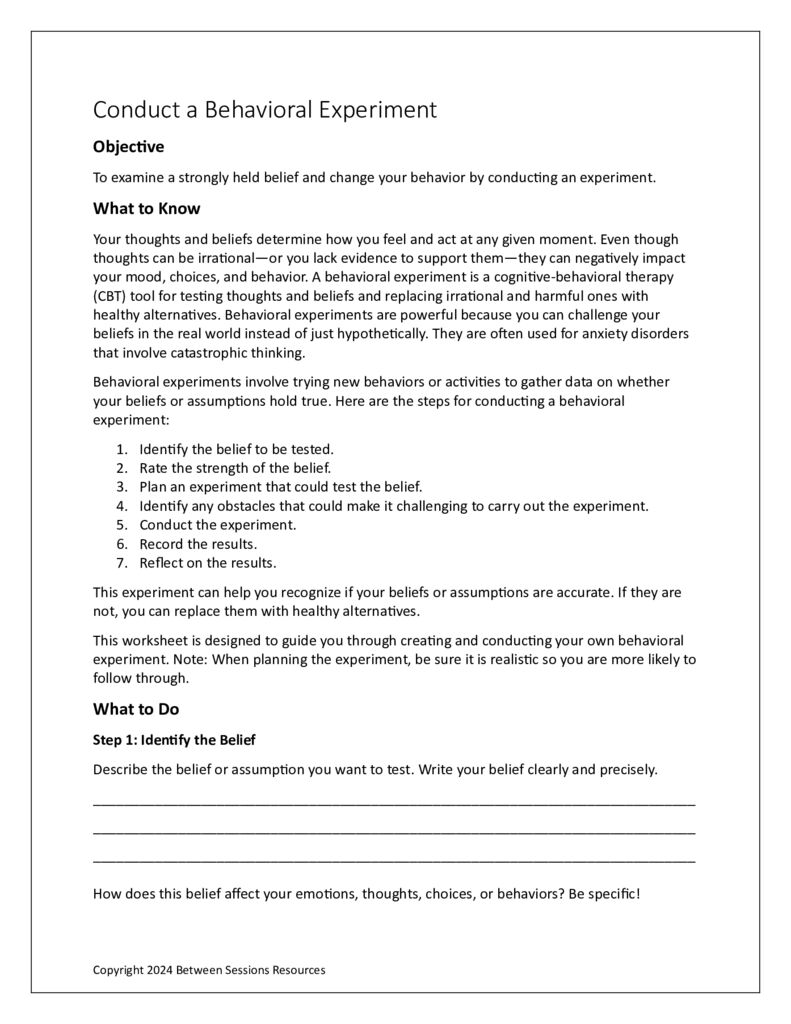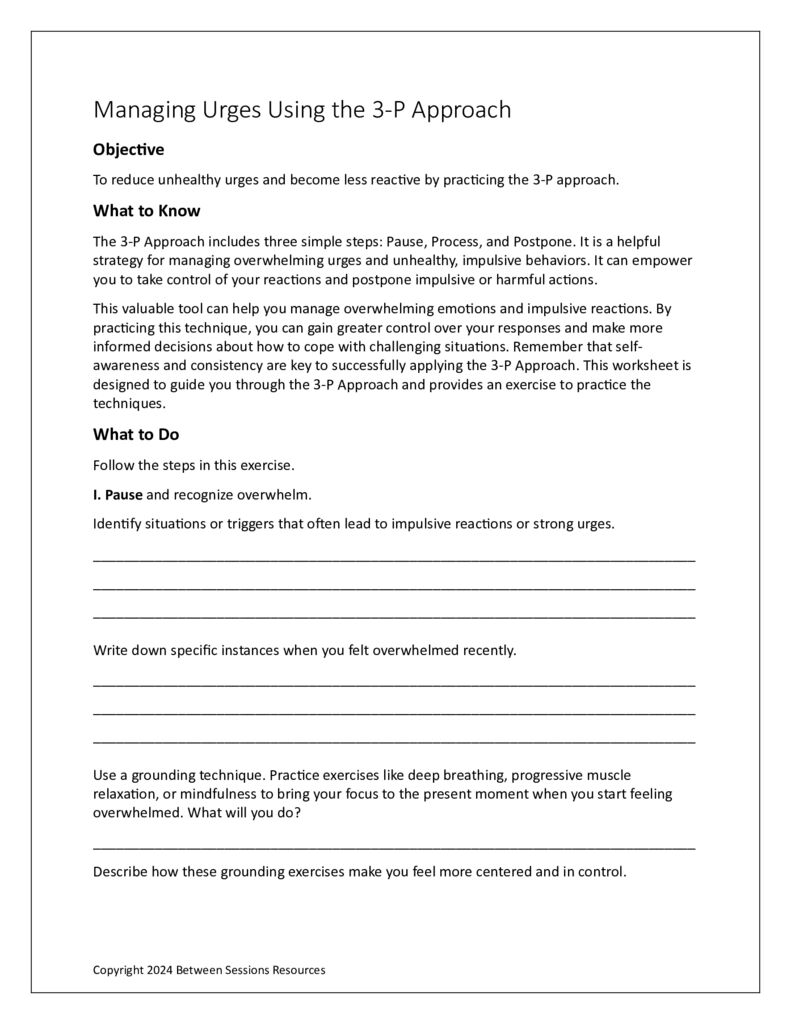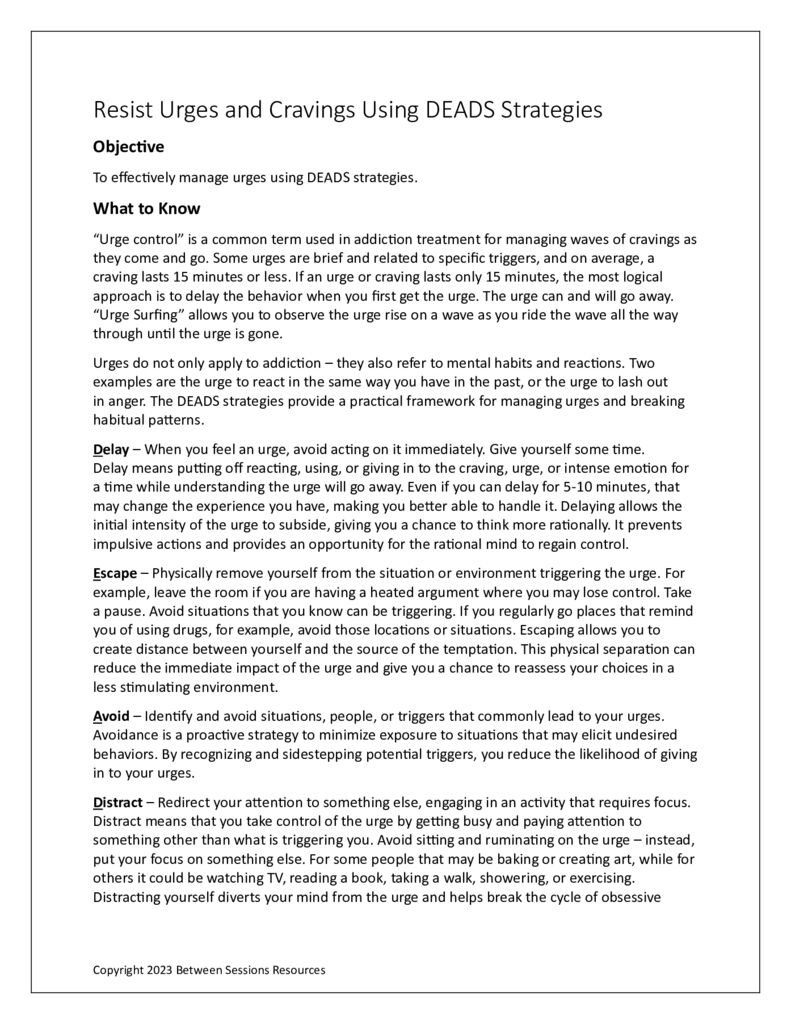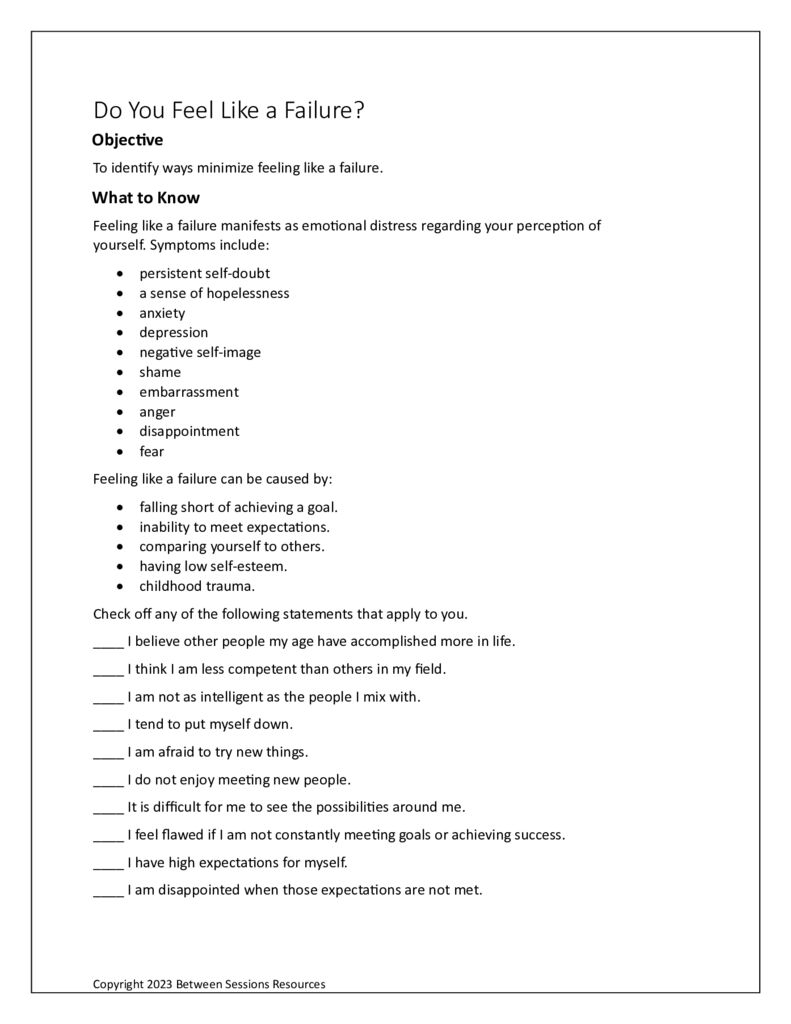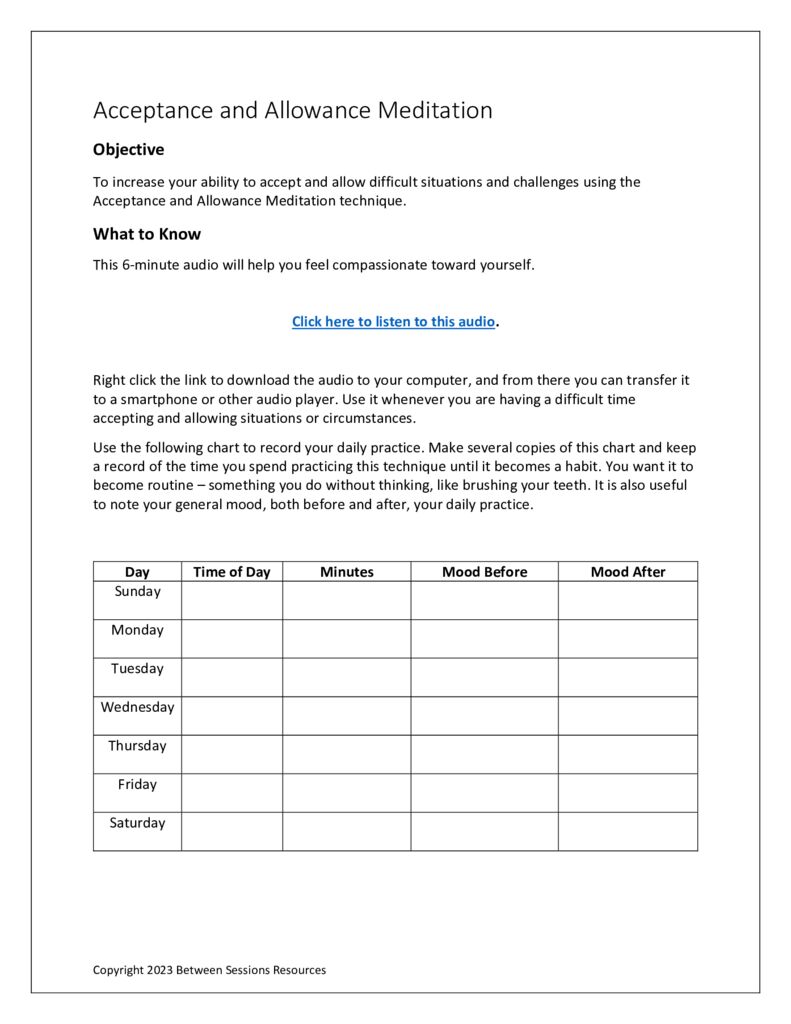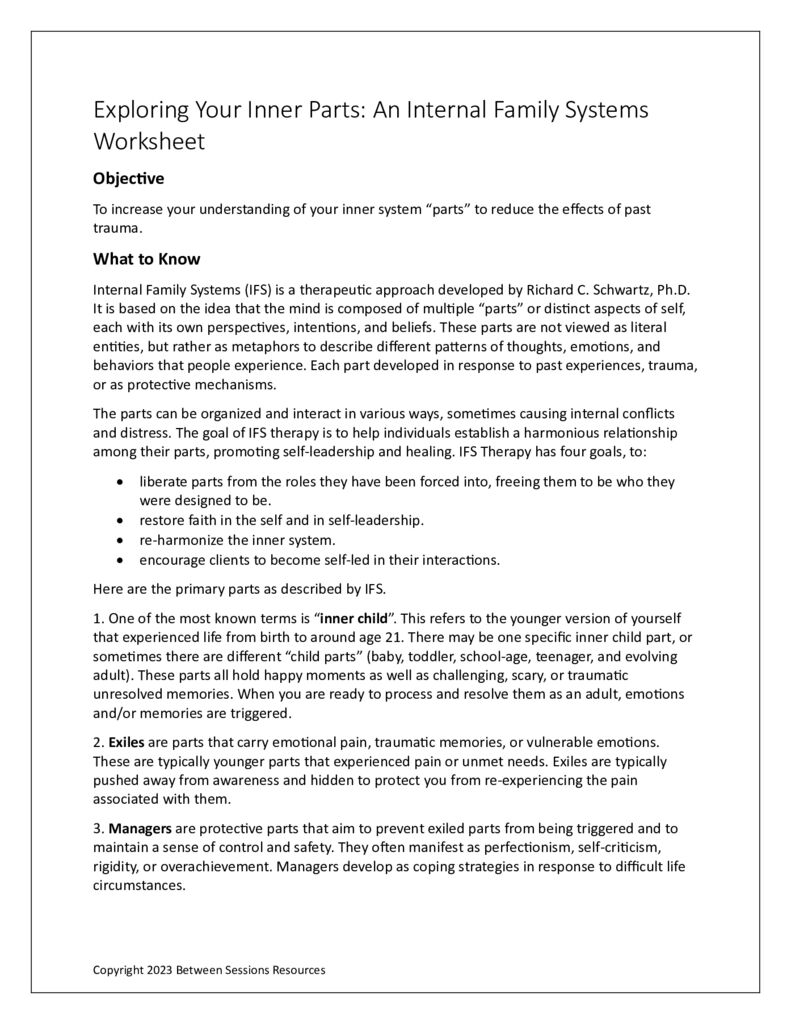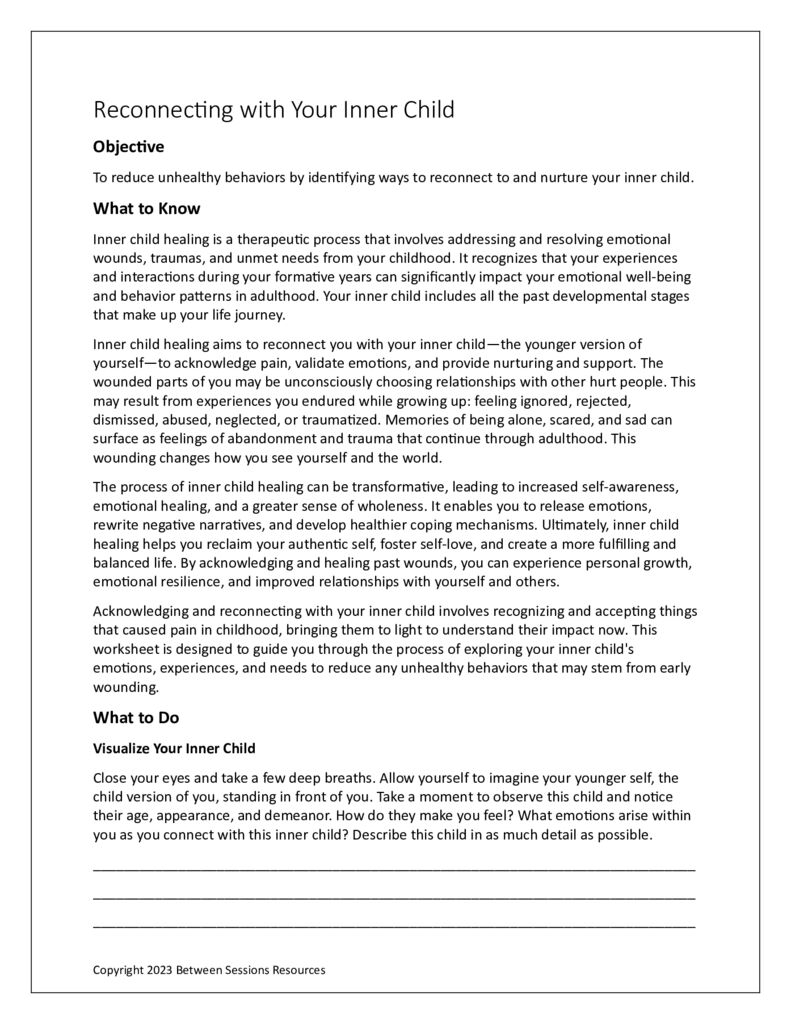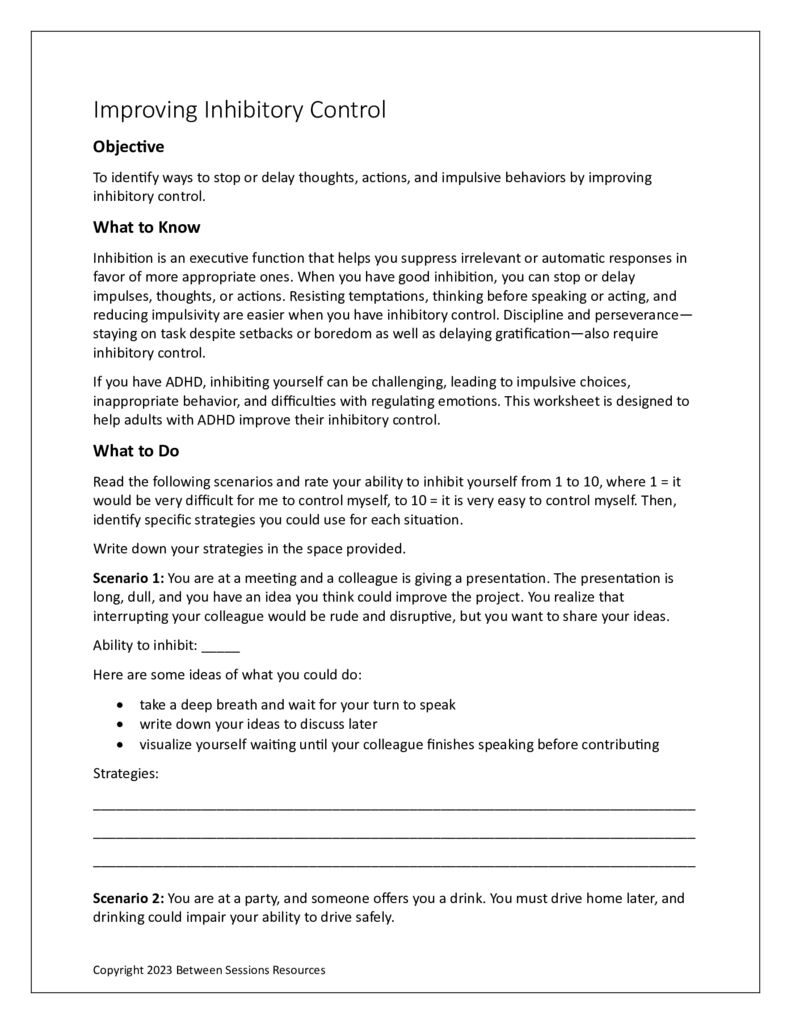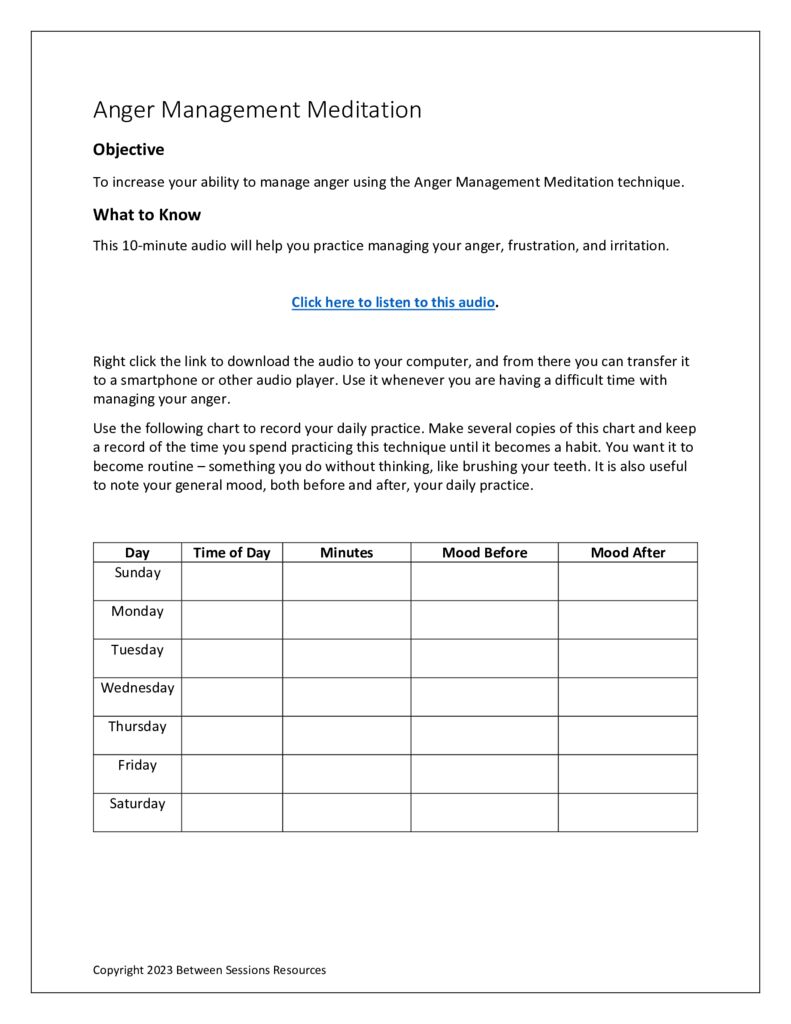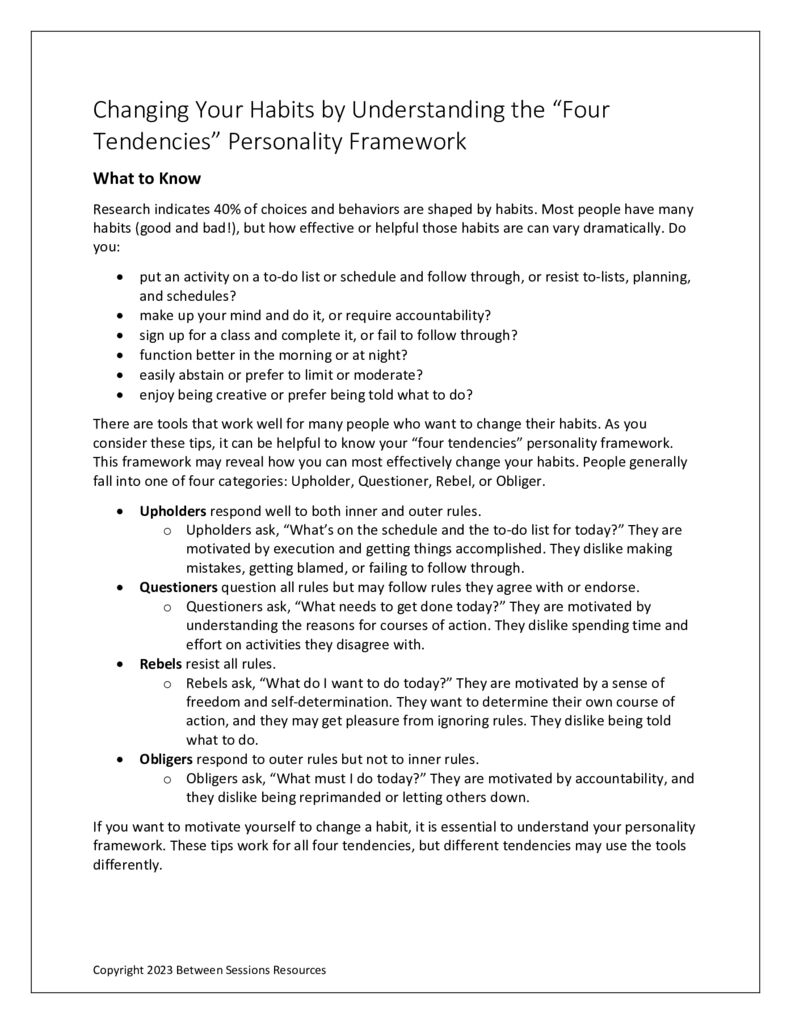This worksheet challenges people to test their beliefs about their problems by trying new behaviors. The worksheet takes people through a systematic approach to trying new behaviors, including anticipating challenges and obstacles, observing changes, and analyzing the results of the “experiment.” (0424, behaviors, solution-oriented therapy, CBT)
The 3-P Approach includes three simple steps: Pause, Process, and Postpone. It is a helpful strategy for managing overwhelming urges and unhealthy, impulsive behaviors. It can empower you to take control of your reactions and postpone impulsive or harmful actions. This worksheet gives people the opportunity to learn this technique and apply it their impulsive behavior. (0123, addiction, habit control, impulse control)
The DEADS strategies provide a practical framework for managing urges and breaking habitual patterns. The acronym stands for delay, escape, avoid, distract, and substitute. This worksheet explains this technique and asks the user to keep track of his or her urges, the strategies used, and the results of using them. (1123. addiction, urges, impulse control)
This worksheet explores why some people bounce back from failure while others experience feelings of self-doubt, depression, anger, and disappointment. It suggests 8 ways to overcome the negative feelings that can accompany a failure, including engaging in self-compassion, focusing on the process rather than the results, challenging negative thoughts, and more. The worksheet provides questions to help people explore their feelings of failure and find appropriate strategies to move on. (1023, depression, anxiety, job satisfaction, anxiety)
This 6-minute audio is designed to help people increase their ability to accept situations and challenges in their lives. (0623, ACT, meditation, acceptance)
Internal Family Systems (IFS) is a therapeutic approach developed by Richard C. Schwartz, Ph.D. It is based on the idea that the mind is composed of multiple “parts” or distinct aspects of self, each with its own perspectives, intentions, and beliefs. This worksheet is an introduction to this approach explaining the different internal parts we all have, as well as a framework for creating a dialogue between the parts. Questions are intended to help people understand how their inner parts are affecting their day-to-day lives. (0623. depression, self-compassion, insight, relationships)
Inner child healing is a therapeutic process that involves addressing and resolving emotional wounds, traumas, and unmet needs from your childhood. This worksheet takes people through a process of visualizing their younger selves, thinking about challenging emotions or experiences from their childhood, creating a timeline of important events, developing a conversation with their inner child, and more. (0623. depression, bipolar, introspection, insight, trauma)
This worksheet is designed to help people suppress dysfunctional automatic responses in favor of more appropriate ones. It is designed to help people get control of their impulsivity. The worksheet presents different five scenarios where impulsivity could be a problem and give ideas on how people can gain self-control. It then asks people to write down their own scenarios where impulsivity has been a problem and come up with new behavioral strategies. (0523, ADHD, impulse control, self-control)
This 10-minute audio is designed to help people learn self-calming skills and let go of their anger. The worksheet includes a chart for people to keep track of their meditation sessions and a transcript of the audio. (0523, anger management, anger control, emotional regulation)
This worksheet asks people to think about their personality in one of four categories: upholder, questioner, rebel, or obliger. It then gives 7 techniques to help people can change a habit. Charts are included to help people track and change their habits (0123, habits, problem-solving, impulse control)

